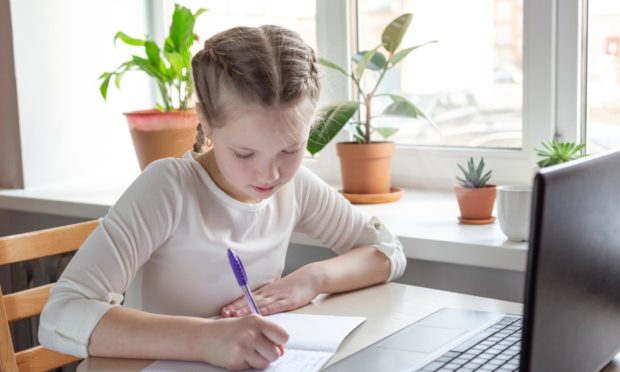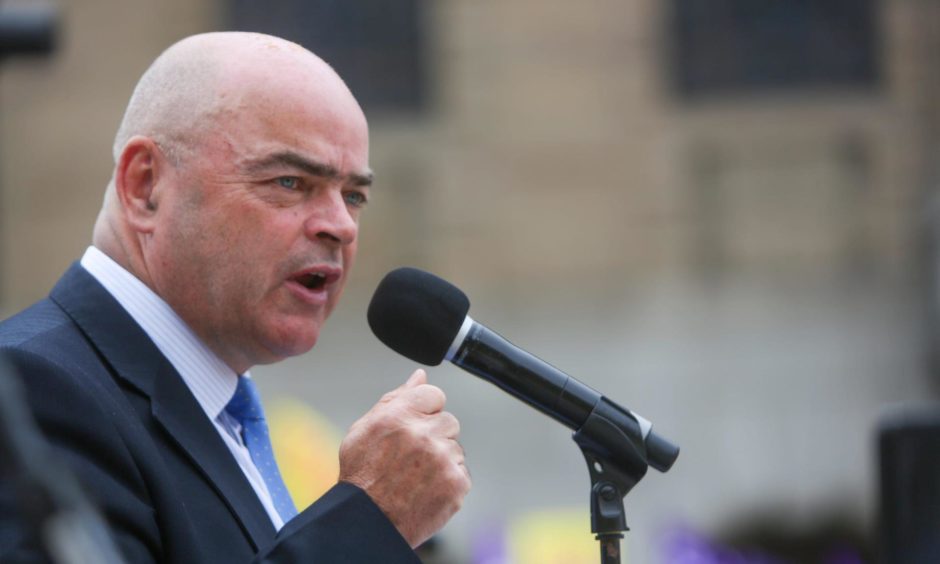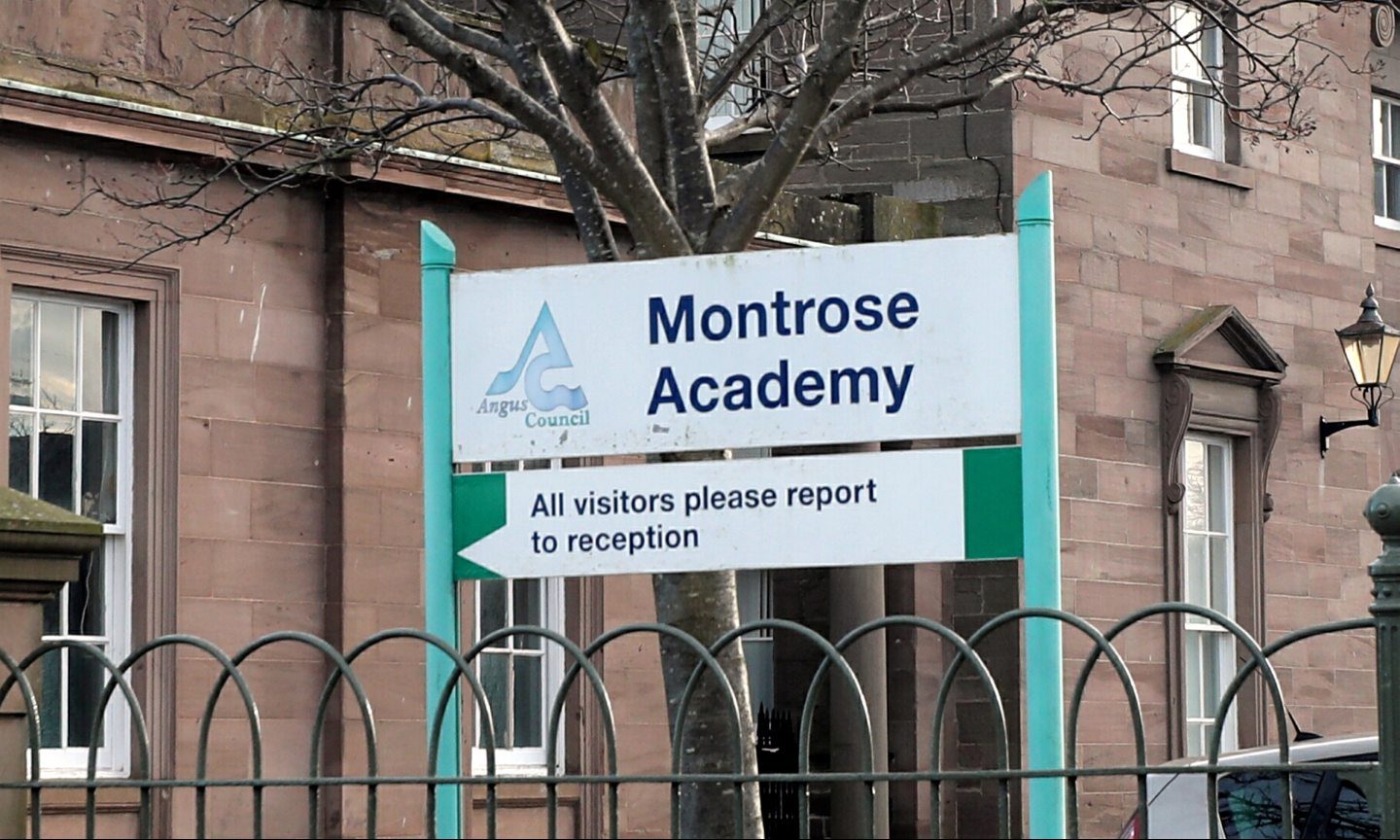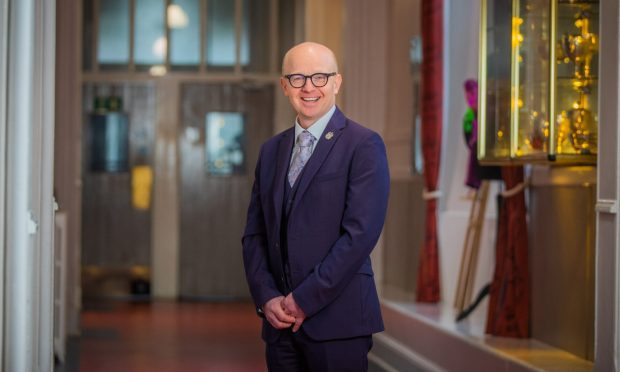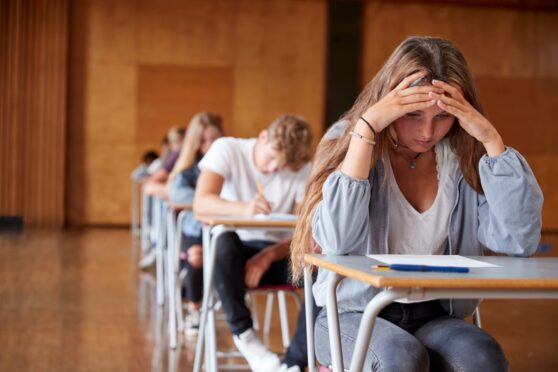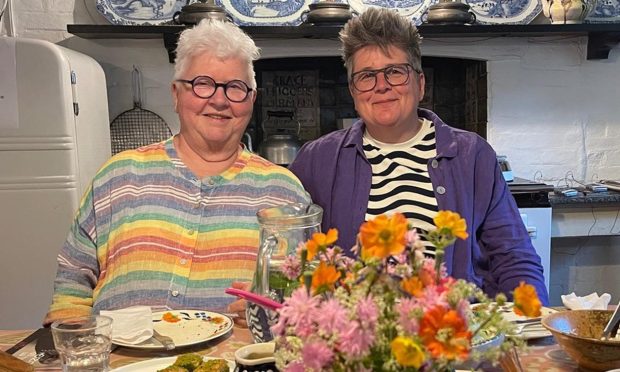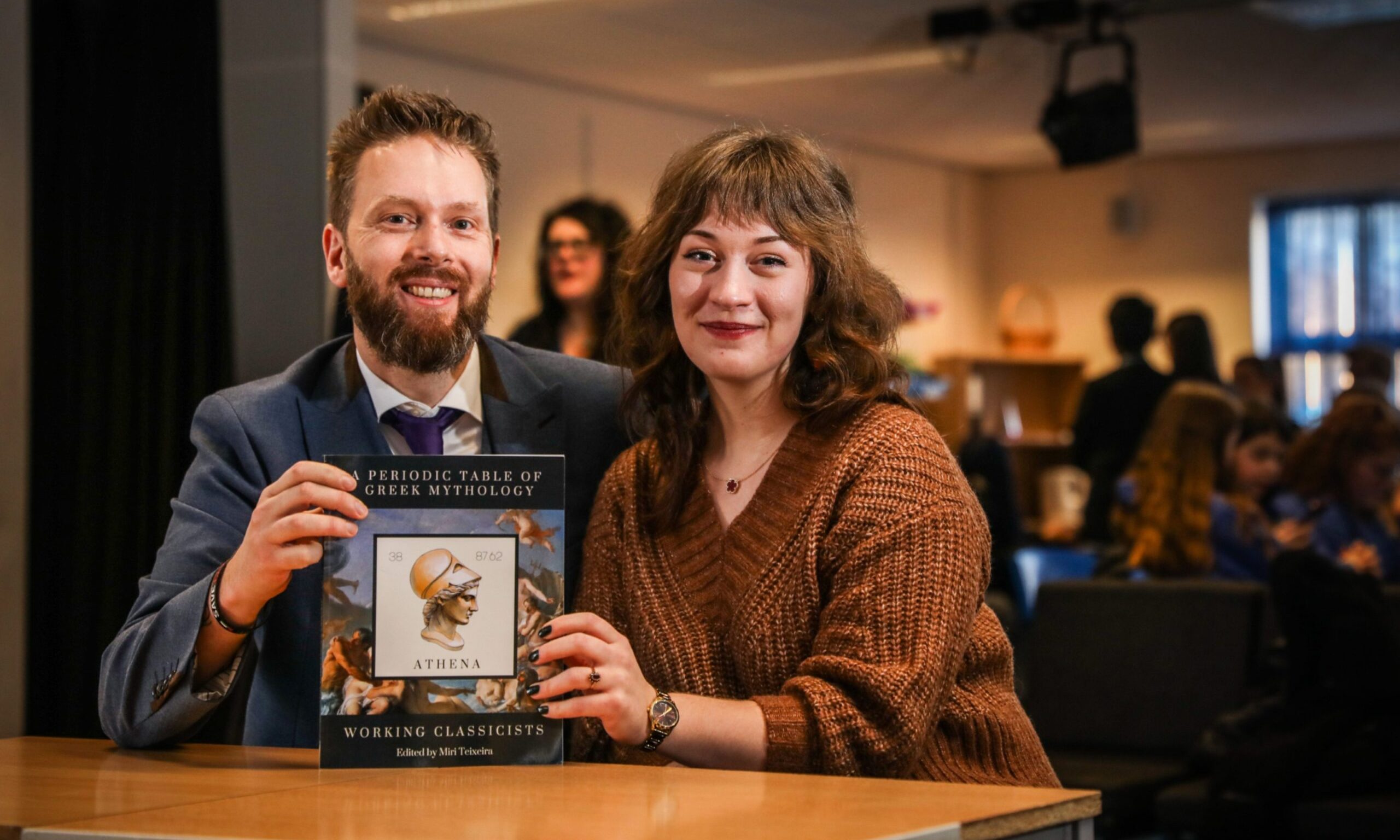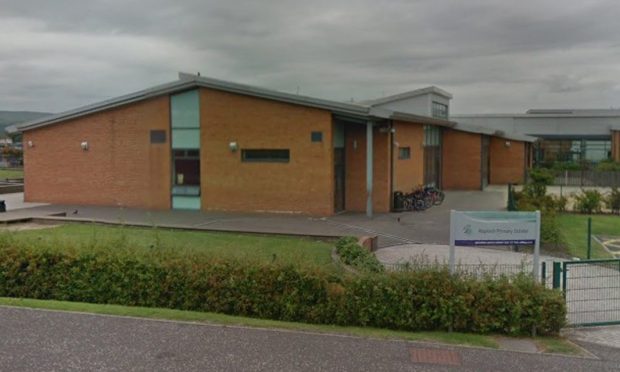Parents, children’s rights campaigners and union leaders have been reacting to the news schools across Scotland are to remain shut until at least the middle of February.
In a statement to the Scottish Parliament this afternoon, First Minister Nicola Sturgeon confirmed that schools would remain shut to most past February 1.
A further update on when pupils can return to schools and nurseries is to be given on February 2.
Mary O’ Connor, Dundee representative of the National Parent Forum of Scotland, said she was confident teachers would be prepared for any extension.
She said: “Teachers are putting in a lot work and lessons have been learned, it’s a big step up from what it was last time around. They are preparing for whatever scenario.
“We are quite lucky in that we work from home and we don’t have any tech issues in our house but it’ll be different for everybody.
“We are where we are and we just have to move through it if it’s what’s needed to get things back under control – I don’t envy those having to make these decisions.
“As long as parents can see a way out of it, that would probably help.”
But closing schools still has a devastating impact on Scotland’s children and young people. There’s been a catastrophic impact on those most at risk.”
Bruce Adamson, the Children and Young People’s Commissioner Scotland
However, not all parents agree with the announcement, with one national parent group stating home learning was “damaging” children and young people.
Jo Bisset, organiser for UsForThem Scotland, said: “Families are now being drip-fed disappointment on a regular basis by this government.
“The First Minister acknowledged that schools being closed was distressing and damaging for children, yet still the situation goes on.
“We completely understand these aren’t easy decisions for any government to make.
“This is a balance-of-harm consideration – yet both the Scottish and UK governments are choosing to burden our children with that harm.
“This repeat period of home-schooling has been hugely damaging for young people, whose childhood is now passing them by with no hope of getting it back any time soon.
“And for those most vulnerable in society, the harm being inflicted now will be extremely difficult – if not impossible – to recover from.”
“Catastrophic impact on those most at risk”
Speaking on BBC News following the First Minister’s announcement, the children’s commissioner Bruce Adamson called for more to be done to recognise the rights of young people as the pandemic continues.
He said: “These restrictions need to be in place only as long as necessary – but at the moment they are necessary.
“We have to follow the science when deciding if schools should remain open. That’s something that children and young people recognise.
6. Poverty is a political choice, and we must take urgent action to address it.
Children should be living in safe warm homes, with enough food in their belly and be able to engage socially and with education, including education online.
— Children and Young People's Commissioner Scotland (@CYPCS) January 19, 2021
“But closing schools still has a devastating impact on Scotland’s children and young people. There’s been a catastrophic impact on those most at risk.
“Parents and carers are doing an amazing support for children, and teachers and early years practitioners are also doing an amazing job. But emergency home learning isn’t the same as being in class.
“We need to focus on children and young people’s rights and get support to them while schools are closed.
“There’s been a catastrophic impact especially for those whose rights are most at risk: disabled children, care experienced children, young carers and those affected by poverty”
What are the unions saying?
Scotland’s largest teaching union, the Educational Institute of Scotland, welcomed the extension of the school closure, citing the current spread of the virus as cause for concern.
EIS general secretary Larry Flanagan said: “With rates of community transmission still high, the Scottish Government has made the correct decision in maintaining the current models of provision for schools to drive down the R figure, which we regard as a prerequisite for schools reopening.
“While the EIS wants to see schools fully operational as soon as possible, this can only be achieved when it is safe for all students and staff to return, which means full consideration of the evidence on the new variant and its transmissibility amongst young people.”
Mr Flanagan also called for additional teachers to be recruited to help with supporting pupils during the current period of home learning.
He added: “While home learning brings many challenges for pupils, parents and teachers, the indications are that the vast majority of students are engaging positively via remote learning with appropriate support from teachers, parents and carers.
“The EIS would call, however, for the rapid employment of supply teachers currently seeking work to provide additional support to those pupils struggling to engage with remote learning.”
